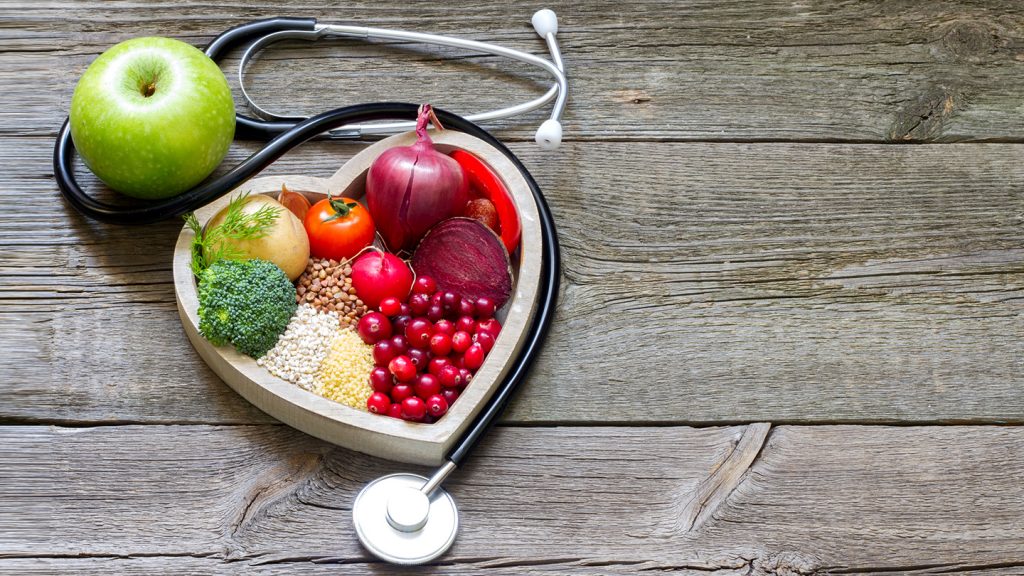Cardiovascular problems claim around 700,000 lives a year, and they represent the leading cause of death in the United States. Fortunately, the vast majority of people can avoid these life-threatening health problems simply by eating well and getting regular exercise. Let’s take a look at some heart-healthy foods that we can incorporate into our diets now as well as in our emergency food supplies that we may need to rely on later.
Fatty Fish
The single, best source of protein, healthy fats and and a host of heart-healthy nutrients is from fatty fish. Salmon, herring, mackerel and haddock are just a few examples of fish that we should be eating at least a couple of times per week. Fortunately, you can also find canned varieties that can be stored over the long-term as well, and these are great additions to any stockpile or emergency food supply.
Olive Oil
Compounds in the oil help to regulate blood pressure, lower bad cholesterol, while it also provides us with a source of healthy fats. Olive oil provides us with a long list of benefits that extend beyond heart health, and we should try to consume a couple of teaspoons a day.
Green, Leafy Vegetables
Vegetables in this category are often considered to be super-foods that are loaded with vitamins, minerals and compounds that filter the blood, regulate blood pressure, support vascular health and help to fight disease. While they may be difficult to get a hold of during a SHTF situation, you can start to load up on them now so that you’ll be much healthier if and when that time comes.
Garlic
Garlic is one of the most heart-healthy foods that we can be eating, and it doesn’t take a lot to experience benefits. Garlic helps to widen blood vessels and make them more flexible. It also helps to lower blood pressure, it boosts the immune system, and garlic can also help to prevent plaque from forming on arterial walls in the first place. It can also help to prevent additional deposits from occurring that may block blood flow to and from the heart.
Ginger
Ginger is well-known for preventing heart disease and supplying the vascular system with nutrients that it needs to stay healthy. Ginger is also easy to store or process in a variety of different ways, and it should a standard item in every stockpile or emergency food supply. Best of all, you don’t need a lot of ginger to experience benefits, and you can give your body a nutritional boost with as little as a teaspoon or two a couple of times a week.
Oatmeal
Oatmeal is one of the most heart-friendly grains out there, and it’s also easy to store over the long-term. It provides us with fiber, minerals, some protein and a lot of other compounds that our circulatory system needs to stay healthy.
Berries
Berries are loaded with antioxidants, vitamins and minerals that cleanse the blood, lower blood pressure and boost the immune system. They also contain potassium, which is a key nutrient that our hearts need. Aside from apples and pears, berries represent one of the best fruits that we can have on hand to support overall health, so make sure that you incorporate them into your long-term survival meal planning.
